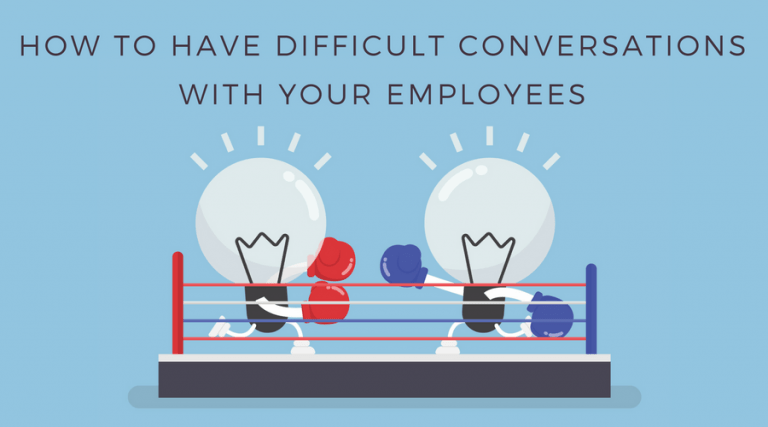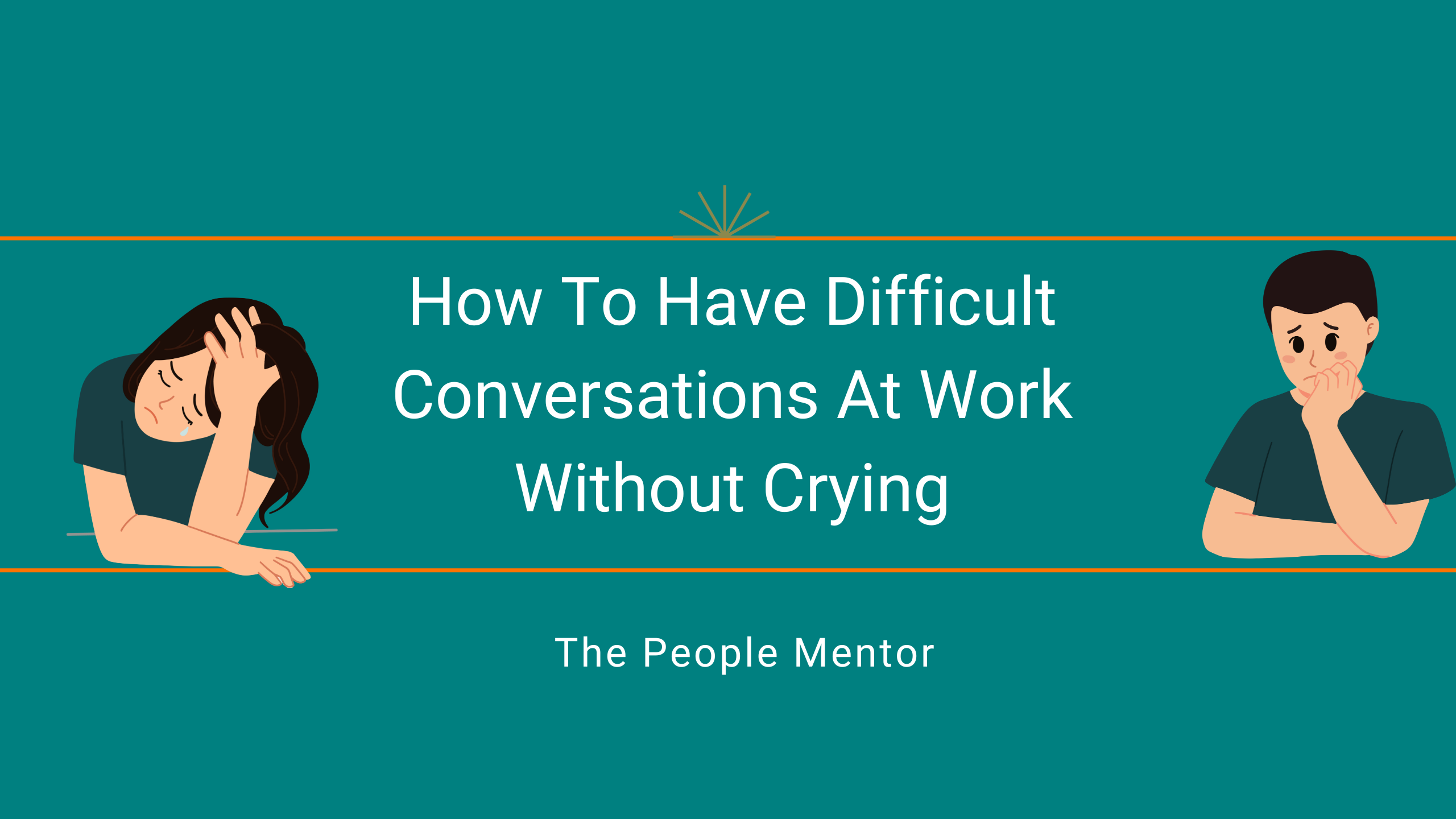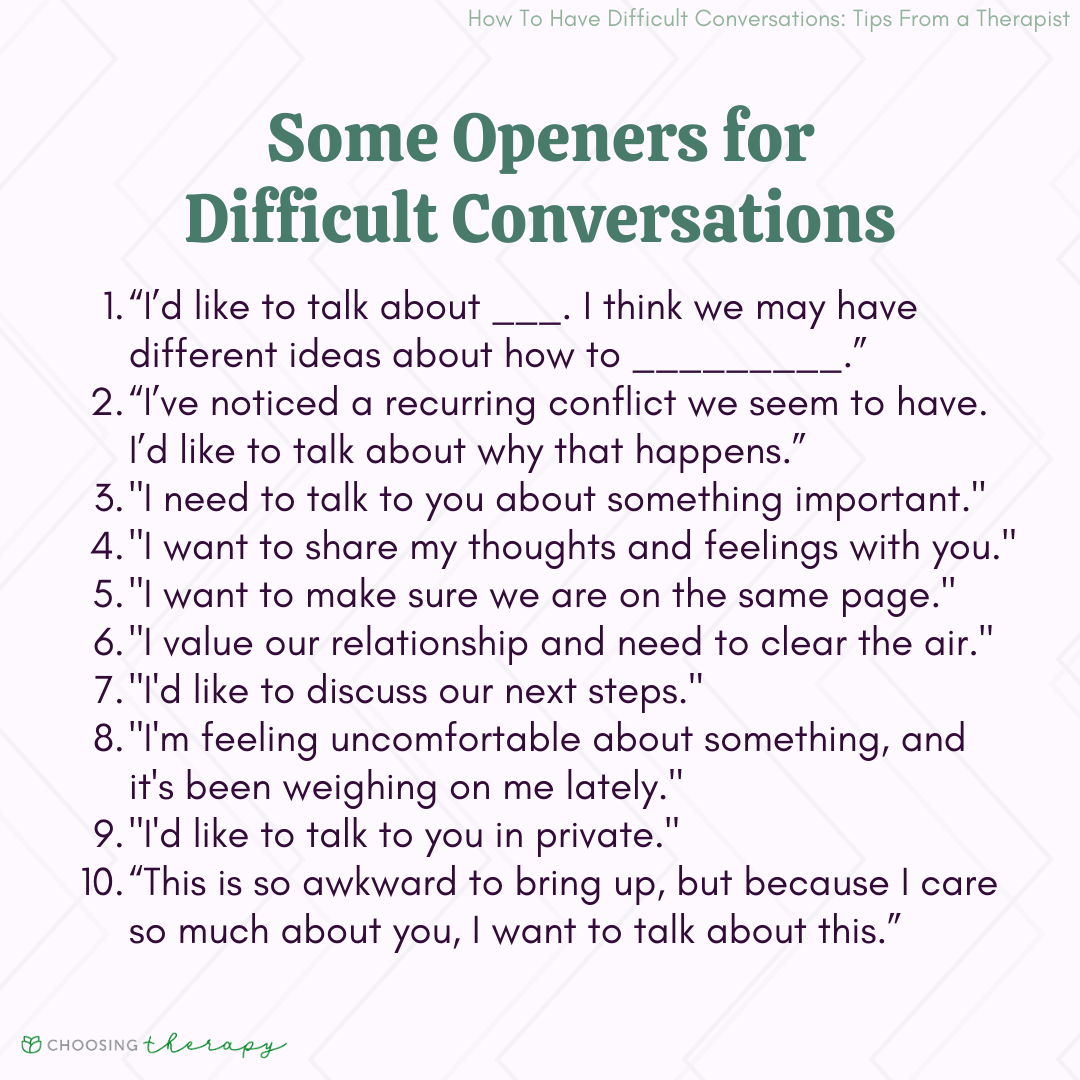How To Start Difficult Conversations With Employees

Imagine this: Sarah, a seasoned manager, stares at her computer screen. A performance review looms, one where she needs to address Mark's consistently late project submissions. Her palms are sweating, and a knot forms in her stomach. She knows this conversation is crucial, but the thought of it feels like wading through treacle.
Difficult conversations are an unavoidable part of leadership. They are essential for fostering a healthy work environment. Knowing how to approach them effectively is critical for both employee growth and maintaining team morale.
Understanding the Landscape
Why are these conversations so daunting? The fear of confrontation, the potential for emotional reactions, and the worry of damaging relationships all contribute. Often, managers avoid these talks altogether, leading to bigger problems down the line.
According to a 2023 study by SHRM (Society for Human Resource Management), nearly 70% of managers report feeling uncomfortable addressing performance issues. This statistic highlights the widespread challenge and underscores the need for practical guidance.
Laying the Groundwork
Preparation is paramount. Before initiating the conversation, take time to gather your thoughts and relevant information. Avoid relying on hearsay or assumptions. Use specific examples and documented evidence to support your points.
Choose the right setting. A private, neutral space is best. Ensure you have ample time to dedicate to the conversation without interruptions. Consider offering the employee a chance to choose the time that works best for them.
Setting the Stage for Success
Start with empathy. Begin by acknowledging the difficulty of the conversation and expressing your intention to work together towards a positive outcome. "Mark, I wanted to chat about your recent project submissions. I know these discussions can be challenging, but I'm here to help us find a path forward."
Focus on behavior, not personality. Instead of saying "You're lazy," try "I've noticed a pattern of late submissions." This approach avoids personal attacks and encourages constructive dialogue. Use "I" statements to express your perspective without blaming or accusing.
Navigating the Conversation
Listen actively and empathetically. Allow the employee to share their perspective without interruption (unless the conversation becomes inappropriate). Try to understand their challenges and motivations. Paraphrasing their points can help clarify understanding and show that you're truly listening.
Be direct and honest, but also kind and respectful. Sugarcoating difficult truths can be counterproductive. Address the issues clearly and concisely. Authenticity is key to building trust and facilitating meaningful change.
"Radical Candor is the sweet spot between managers who are obnoxiously aggressive on one side and ruinously empathetic on the other." - Kim Scott, author of Radical Candor.
Collaborate on solutions. Don't just present the problem; work with the employee to develop a plan for improvement. This empowers them to take ownership of their performance. Set clear expectations and timelines for progress, and offer ongoing support.
Following Up and Reinforcing
Document the conversation. This provides a record of the discussion and any agreed-upon actions. It's also important for legal and HR purposes, especially if the issues persist. Schedule regular follow-up meetings to check in on progress and provide ongoing feedback. Consistent communication reinforces the importance of the conversation and demonstrates your commitment to the employee's success.
Recognize improvement and celebrate successes. Acknowledge and appreciate the employee's efforts to improve. Positive reinforcement can motivate further progress and build a stronger working relationship.
The Long-Term Benefits
Mastering difficult conversations is an investment in your leadership skills and your team's performance. It fosters a culture of open communication, trust, and accountability. While it may feel uncomfortable in the moment, addressing issues promptly and effectively can prevent bigger problems down the line and create a more positive and productive work environment for everyone.
So, as Sarah takes a deep breath and walks towards Mark's desk, she knows she's not just delivering a performance review. She's building a stronger, more resilient team, one conversation at a time. She's ready to lead with courage and compassion. She understands the power of having that first difficult talk.


















